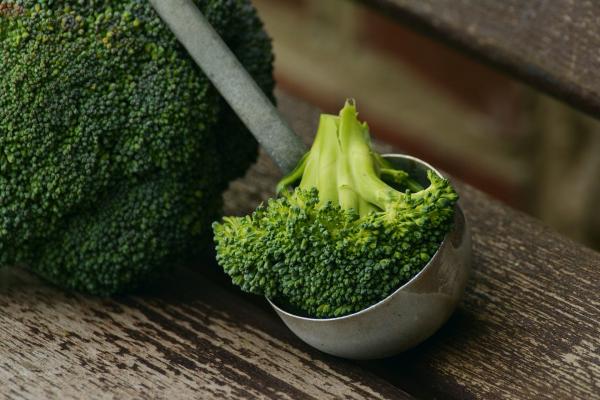It might come as no surprise when your parents told you to “eat your greens” there was actually scientific evidence to back up what they were saying.
New research shows that while often regarded as unpopular – brussel sprouts and others like broccoli and cabbage – play an important role later in life.
Higher consumption of these veggies can have an impact on our heart health.
Using data from 684 older Western Australian women, researchers from Edith Cowan University’s School of Medical and Health Sciences and The University of Western Australia found those with a diet comprising more “cruciferous” vegetables had a lower chance of having extensive build-up of calcium on their aorta, a key marker for structural blood vessel disease.
Blood vessel disease reduce the flow of blood circulating around the body, due to the build-up of fatty, calcium deposits on the inner walls of our blood vessels, such as the aorta.
This build-up of fatty, calcium deposits is the leading cause of having a heart attack or stroke.
Lead researcher Dr Lauren Blekkenhorst said the research shed new light.
“We have now found that older women consuming higher amounts of cruciferous vegetables every day have lower odds of having extensive calcification on their aorta,” she said.
“One particular constituent found abundantly in cruciferous vegetables is vitamin K which may be involved in inhibiting the calcification process that occurs in our blood vessels.”








